Drug-Induced Valvular Heart Disease
Drug-induced valvular heart disease (DIVHD) was first described in the 1960s. Initially, associations with ergot derivatives used for migraine prevention, or with anorectic drugs, were described. Drugs used for the treatment of Parkinsonâs disease and endocrine diseases, like hyperprolactinemia, may also induce VHD. More recently, the use of 3,4-methylendioxymetamphetamine (MDMA, âEcstasyâ) and benfluorexhave been found to be associated with DIVHD. Although some of these drugs were withdrawn from the market, several cases of patients requiring valve surgery even years after the cessation of therapy have been reported. DIVHD is not infrequent, may be severe, and has been described in association with several drugs. Even after drug cessation, long-term implications of this type of VHD may persist. The present review underlines the need for a careful evaluation of the associated clinical and echocardiographic risk factors to allow early recognition so as not to delay appropriate management.
{{comment.content}}
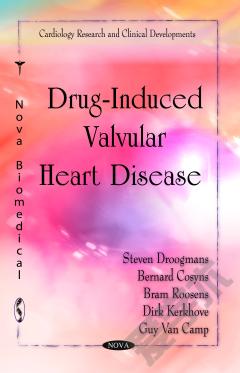
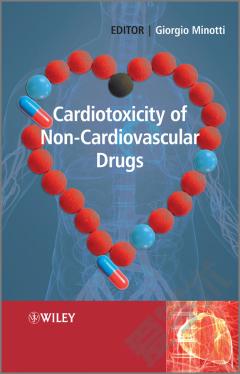
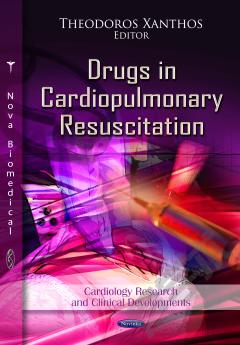
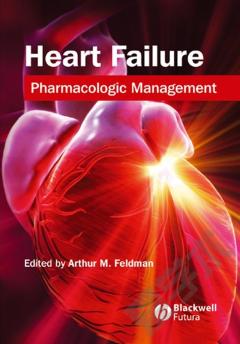


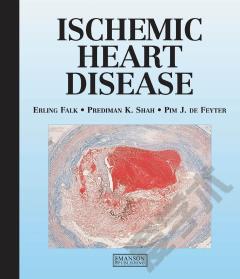

 京公网安备 11010802027623号
京公网安备 11010802027623号